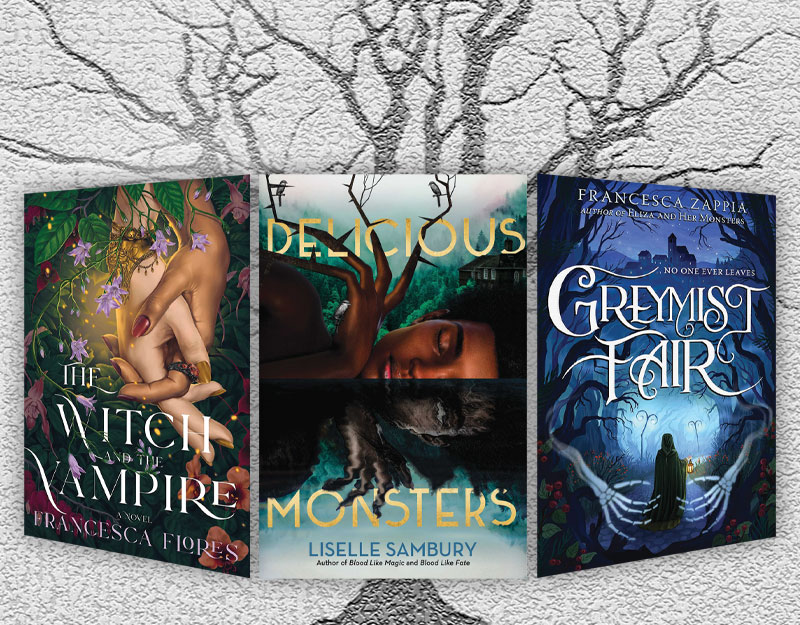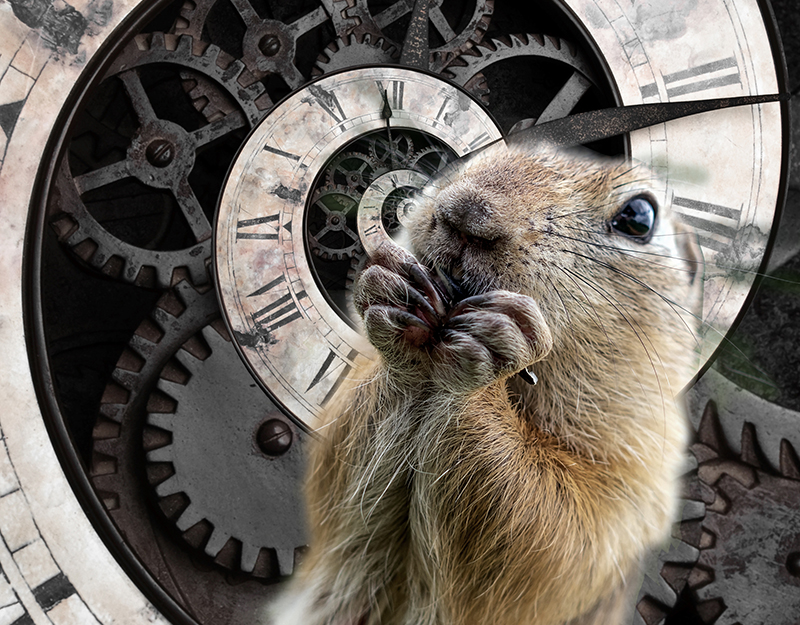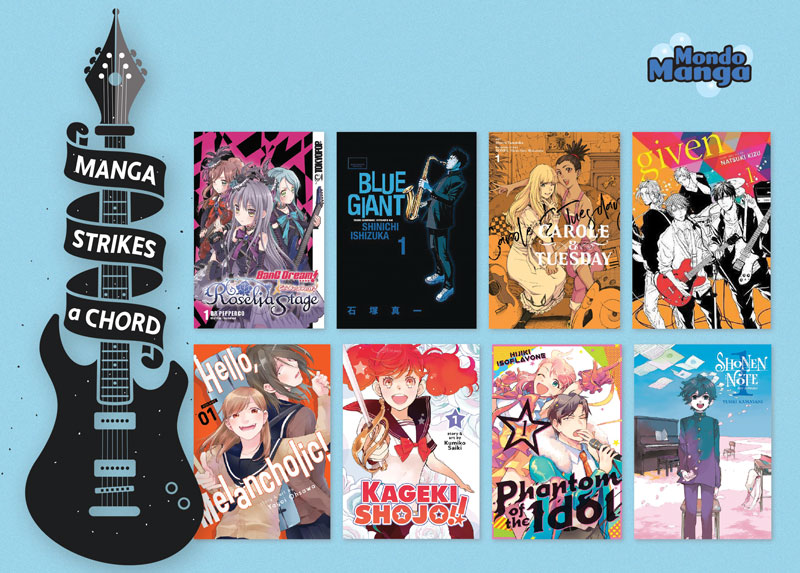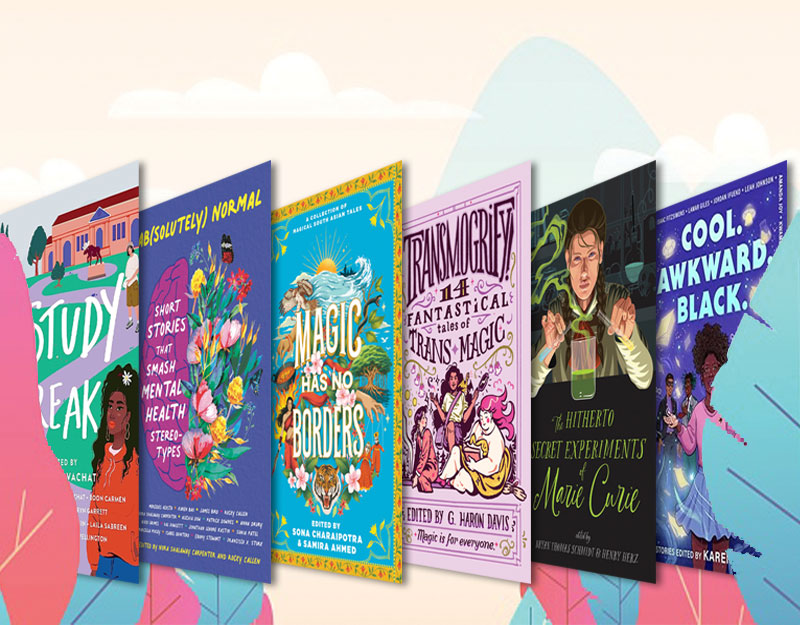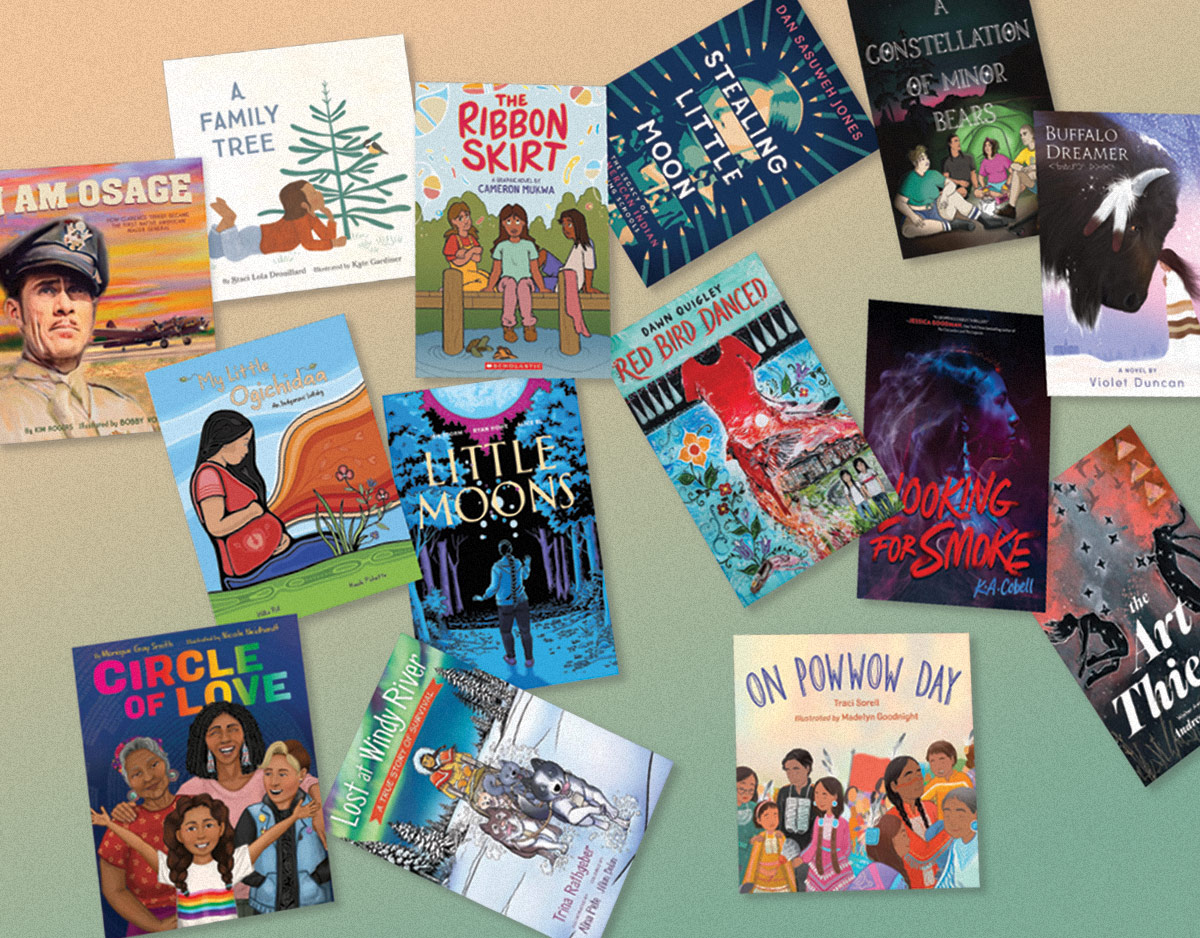In Defense of Romance, and the Pivotal Role it Plays in YA, a guest post by Ellen O’Clover
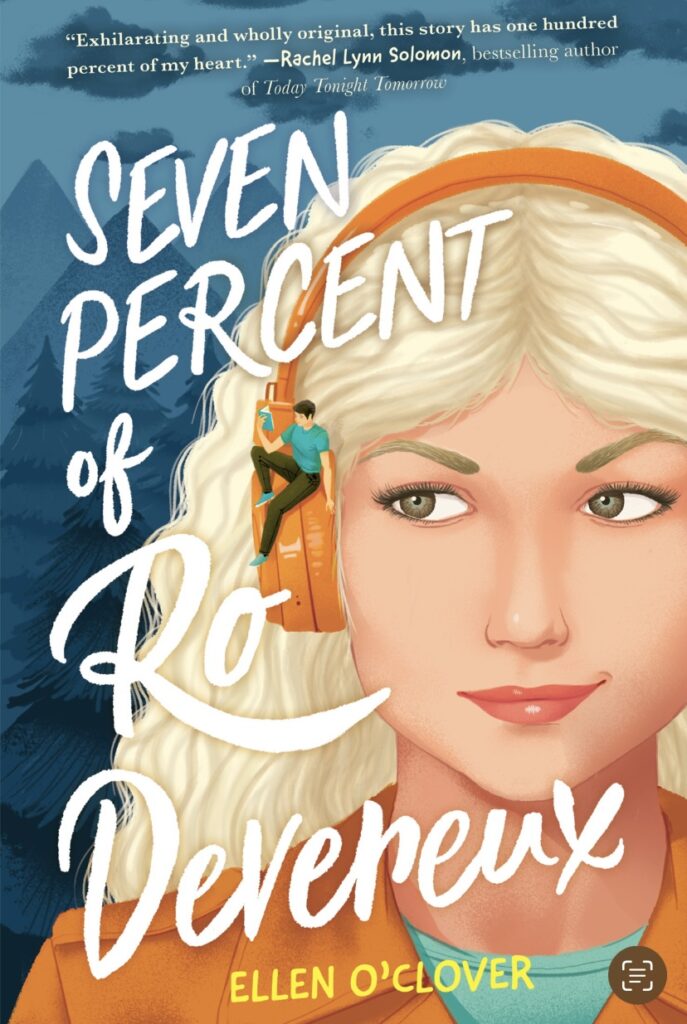
The year is 2019. I’m sitting at a sushi restaurant in a Colorado suburb, popping salted edamame from its shell. My husband, ever my hype man, is telling the friends seated across from us that I’ve just gone out on submission with my very first novel. “What kind of novel?” one friend asks. From behind my furious blush, I tell him, “Young adult.” He grins. “Does it have a lot of kissing?”
It did have a lot of kissing, but I brushed that off. “Some,” I think I said. “But mostly it’s about other things.” I swiftly changed the subject, stuffed my mouth with a sushi roll, and spent the rest of the evening trying to swallow down the feeling that I’d just been made fun of. Is that what people thought of me? That the stories I worked on so hard, that I held so close to my heart, were just frivolous ditties about kissing?
ADVERTISEMENT
ADVERTISEMENT
I studied creative writing in college, where I spent four years writing grim, minimalist short stories that had me convinced I was a capital-a Artist. My pivot to YA happened how all the best things do: by sheer force of nature. There was no other way, for me. When I decided to take novel-writing seriously a few years after I graduated, the characters that came to me were teenage girls. The journeys I wanted to send them on were about friendship, and figuring out your place in the world, and first love. I knew these were the books I wanted to write in the same way I know I hate celery: that’s just me, baby. So why was I sitting in that sushi restaurant feeling ashamed?
People love to make fun of romance. Isn’t it embarrassing to have huge, vulnerable feelings for another person? Gross! I hope you’re catching my sarcasm, because no! Not gross! The feelings that reduce us to human puddles are the ones that make life so intensely beautiful, and nothing feels quite so intense as first love. Which is why I love writing it so much. Which is why, yes, my books will always have a lot of kissing.
But here’s what I know now, what I’ve discovered through years of finding my creative voice, what I wish I could have said back in 2019: the kissing is never just kissing. The best YA romance plots—the ones that keep you up at night and give you heartburn—are about coming of age, and self-discovery, and learning what it means to be a person in the world. Romance in YA is so valuable, and so good.
It does more than make us swoon: successful romance plots reveal characters’ emotional needs, push them to be vulnerable, and create page-turning stakes that extend beyond heartache to exert real influence on the book’s central plot. It’s about more than butterflies. It’s about characters’ wounds, needs, and desires—the things that make them human.
Romance is full of beloved tropes, the best of which rely on this same conceit. They’re emotional turning points, revealing things about the characters embroiled in them. And it’s this power that makes us love them so much—not the fact that they lead to kissing (though that’s pretty great, too).
Take love triangles: on the surface, they’re about choosing between two partners. (Will our hero be kissing Option A or Option B?) But at its core, a good love triangle is about a character’s journey to self-discovery, and choosing the life they want for themself. About looking inside, and seriously considering what will make them feel happy, safe, fulfilled. About which partner they can become the best version of themselves alongside. The kissing is just the cherry on top.
In another beloved trope, hurt/comfort, we see our protagonist helping their love interest while said love interest is sick, injured, or upset—or vice-versa. This is the scene in the high school gym where the once-stoic, broody boy gets smacked in the face with a dodgeball and the gym coach assigns the protagonist to walk him to the nurse. The boy’s brow is bleeding in the hallway and the protagonist pulls a tissue from her bag to dab his forehead. He winces, the first time she’s ever seen him be vulnerable. And, just like that, we have emotional intimacy—a window into a raw, human experience that strips away pretense, bonds our characters, and makes us feel.
Or, take enemies to lovers—my personal favorite trope and a central theme in my debut novel, Seven Percent of Ro Devereux. This trope works exceptionally well because hate and love are equally intense feelings, and starting with a relationship rooted in hatred cuts immediately to the emotional core: how has the love interest wounded the protagonist, or vice versa? How will they overcome that wound and pivot their already-intense feelings from pain to longing? The journey of tapping that deep well of emotion is inherently rich with vulnerability, emotional reckoning, and self-discovery. It’s a romance trope, but it’s about facing your wounds and working through them so you can move into the next chapter of your life. (And—with any luck—it’s also, ultimately, about kissing.)
When my advance reader copies of Seven Percent of Ro Devereux arrived in summer 2022, my husband asked if he could keep one on his desk at work. Every now and then he’ll come home and proudly report that another of his coworkers has preordered a copy after seeing it there. My husband is an aerospace engineer—nearly all of his coworkers are middle-aged men. Usually, I respond, “Amazing! I hope they enjoy all the kissing!”
And I mean it—I hope they do enjoy the kissing. I always enjoy writing it. And I’m always proud to have written it.
Meet the author
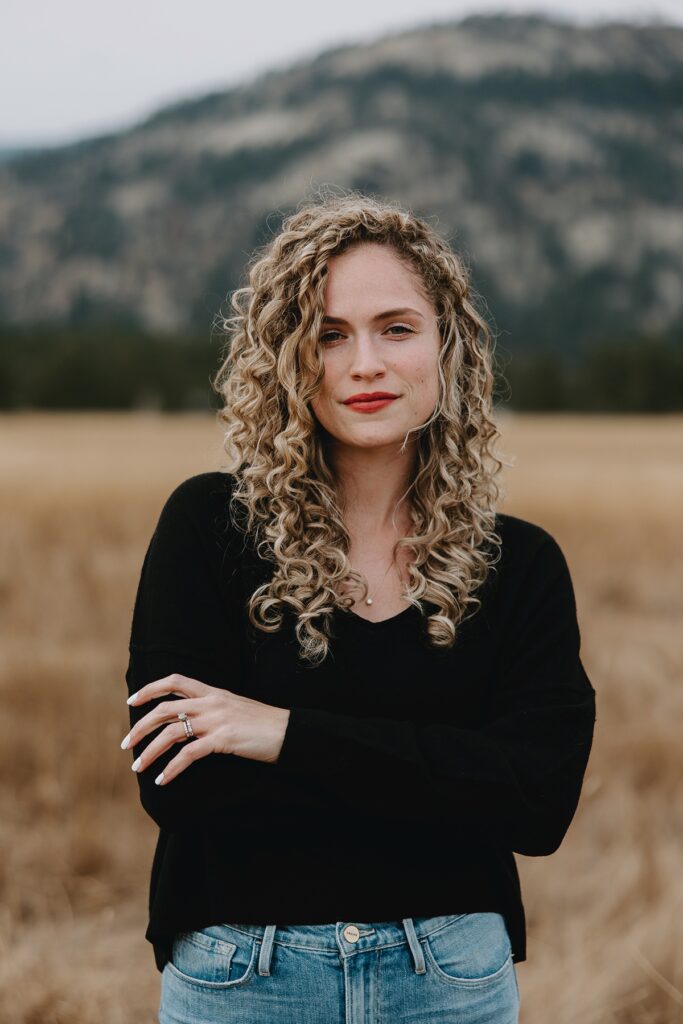
Ellen O’Clover writes stories about finding your people, falling in love, and figuring it all out (or trying to, anyway). She grew up in Ohio and studied creative writing at the Johns Hopkins University before moving west to Colorado. When she’s not writing, you can usually find her reading fiction about big feelings, trying new recipes with mixed results, or hiking in the Rockies. She lives in Denver with her rocket scientist husband and a perfect bulldog.
Website: www.ellenoclover.com
Instagram, TikTok, Twitter: @ellenoclover
About Seven Percent of Ro Devereux
ADVERTISEMENT
ADVERTISEMENT
Fans of Emma Lord, Rachel Lynn Solomon, and Alex Light will love this clever, charming, and poignant debut novel with a masterful slow-burn romance at its core about a girl who must decide whether to pursue her dreams or preserve her relationships, including a budding romance with her ex-best friend, when an app she created goes viral.
Ro Devereux can predict your future. Or, at least, the app she built for her senior project can.
Working with her neighbor, a retired behavioral scientist, Ro created an app called MASH, designed around the classic game Mansion Apartment Shack House, that can predict a person’s future with 93% accuracy. The app will even match users with their soulmates. Though it was only supposed to be a class project, MASH quickly takes off and gains the attention of tech investors.
Ro’s dream is to work in Silicon Valley, and she’ll do anything to prove to her new backing company—and the world—that the app works. So it’s a huge shock when the app says her soulmate is Miller, her childhood best friend with whom she had a friendship-destroying fight three years ago.
Now thrust into a fake dating scenario, Ro and Miller must address the years of pain between them if either of them will have any chance of achieving their dreams. And as the app takes on a life of its own, Ro sees that it’s affecting people in ways she never expected—and if she can’t regain control, it might take her and everything she believes in down with it.
ISBN-13: 9780063255036
Publisher: HarperCollins Publishers
Publication date: 01/17/2023
Age Range: 13 – 17 Years
Filed under: Guest Post
About Amanda MacGregor
Amanda MacGregor works in an elementary library, loves dogs, and can be found on BlueSky at @amandamacgregor.bsky.social.
ADVERTISEMENT
ADVERTISEMENT
SLJ Blog Network
Name That LEGO Book Cover! (#63)
Review of the Day: The Reel Wish by Yamile Saied Méndez
Paw & Order: The Grilled Cheese Caper | Review
When Book Bans are a Form of Discrimination, What is the Path to Justice?
Pably Cartaya visits The Yarn
ADVERTISEMENT



